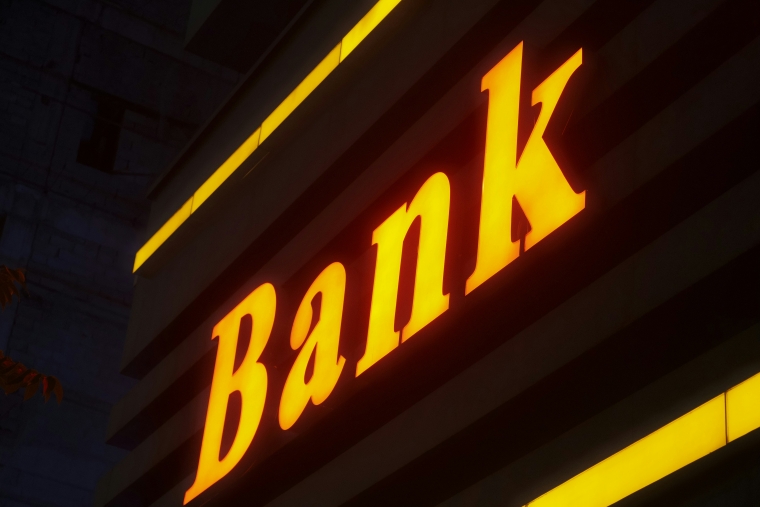
Finance companies, building societies and credit unions will be able to rebrand as banks when they are licensed under the full-force Deposit Takers Act in 2028, under proposals in a Reserve Bank consultation document.
Some 15 institutions currently included in the Depositor Compensation Scheme will be able to call themselves banks if they so choose, and to use the terms "banker" and "banking", expanding the restrictions of the Banking (Prudential Supervision) Act 1989.
The Reserve Bank (RBNZ) acknowledges the term 'bank' "acts as a cachet that certain entities benefit from being allowed to use," but restricts its use so the public knows who is subject to prudential regulation.
The RBNZ's proposal comes as the banking industry prepares for open banking designation under the Customer and Product Data Act, and financial technology companies (fintechs) get the chance to ramp up payments and other services.
At least two fintechs - money app Dosh, and Revolut, a fintech licensed as a bank in the UK and Europe, have applied to the RBNZ for New Zealand banking licences outside the Deposit Takers Act (DTA) process.
Under the RBNZ proposals fintechs will still need to follow that route, or become "deposit takers," before they can call themselves banks.
"In our view, the shift to a single, integrated regulatory framework for deposit-taking activity justifies a consistent approach to the use of the term ‘bank’ for all licensed deposit takers."
"We consider that the benefits of allowing all deposit takers to rebrand as banks outweigh the risks once the full regulatory and supervisory powers under the DTA are available to us," the consultation paper says.
However, "we do not consider that being unable to use the word ‘bank’ is, in and of itself, an impediment to fintechs competing in the market for ‘banking’ products and other financial services," the RBNZ says.
"For many of these firms, not being a traditional bank is a key selling point that helps to differentiate their product offering."
The paper offers two alternative approaches to restricting the term "bank."
Option one allows all those licensed deposit-takers with assets of over $2 billion to use the term, but excludes those with assets of less than $2 billion, with the exception of the two deposit-takers who already have the right to use it (Bank of India and Bank of Baroda).
Option two would authorise all deposit takers to use "bank" provided they offer transactional services.
"Under this option, most (but not all) credit unions and building societies would be able to use restricted words, but finance companies would not," the paper notes.
A second, related RBNZ consultation paper discusses the setting of the "regulatory perimeter" within which deposit-takers will go into the licensing process from June 2027.
The paper defines "deposit-taker" as, essentially, "carrying on the business of borrowing and lending," borrowing being making retail offers of debt securities such as bonds, debentures, deposits and call accounts.
The RBNZ looked at a number of fintech business models and concluded they didn't currently merit "declaring in" by the regulator.
The paper calls for submissions on whether there should be a deposit-taking threshold below which firms won't be required to be DTA-licensed.
Submissions on both consultation papers are due by 24 November.
*This article was first published in our email for paying subscribers. See here for more details and how to subscribe.

We welcome your comments below. If you are not already registered, please register to comment
Remember we welcome robust, respectful and insightful debate. We don't welcome abusive or defamatory comments and will de-register those repeatedly making such comments. Our current comment policy is here.